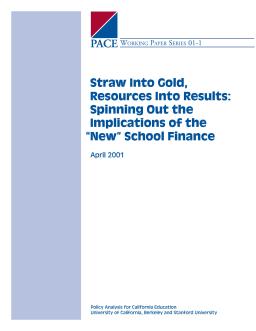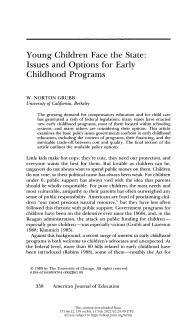W. Norton Grubb

W. Norton Grubb was the David Pierpont Gardner Professor of Higher Education, Emeritus, at the University of California, Berkeley. His research examined the role of education in labor markets, the effectiveness of high schools and community colleges, and how educational institutions can reinforce or reduce societal inequities. He authored 14 books and numerous articles on education policy and was instrumental in establishing the Principal Leadership Institute at Berkeley to train principals for urban schools. He also played a key role in shaping policies on career and technical education and was a frequent consultant for the Organization for Economic Cooperation and Development (OECD). His work influenced state and national discussions on linking education and workforce development. Grubb received the University of California, Berkeley, Chancellor’s Award for Advancing Institutional Excellence. Grubb earned his BA and PhD in economics from Harvard University.
updated 2025






